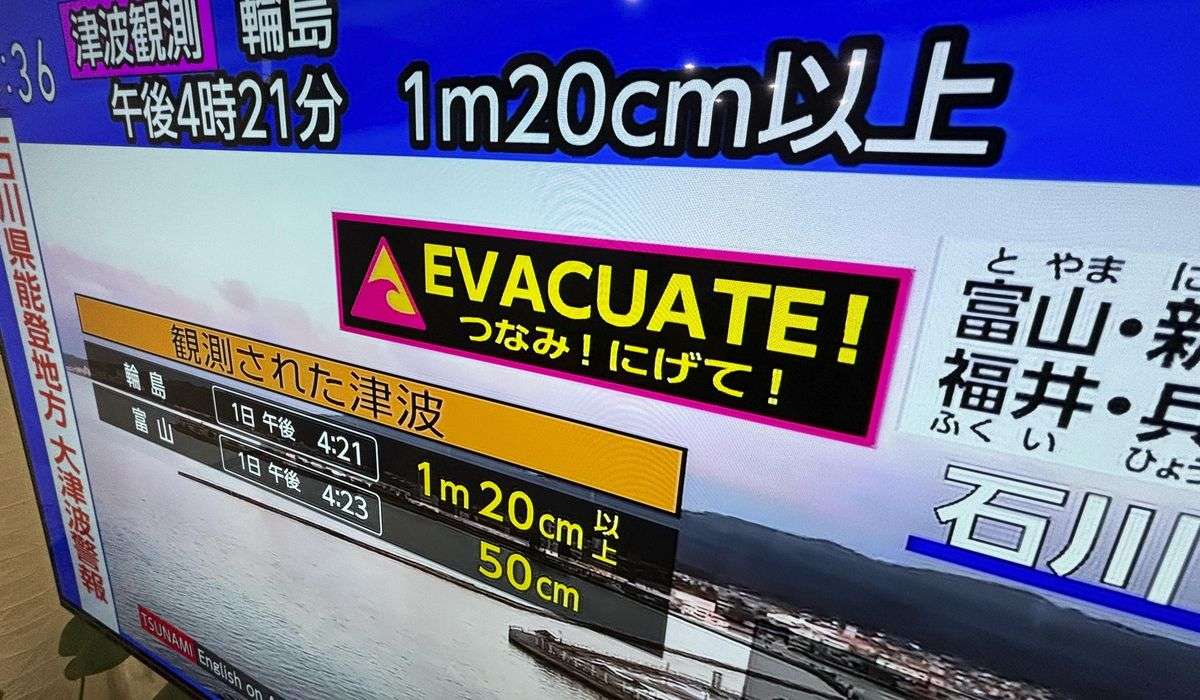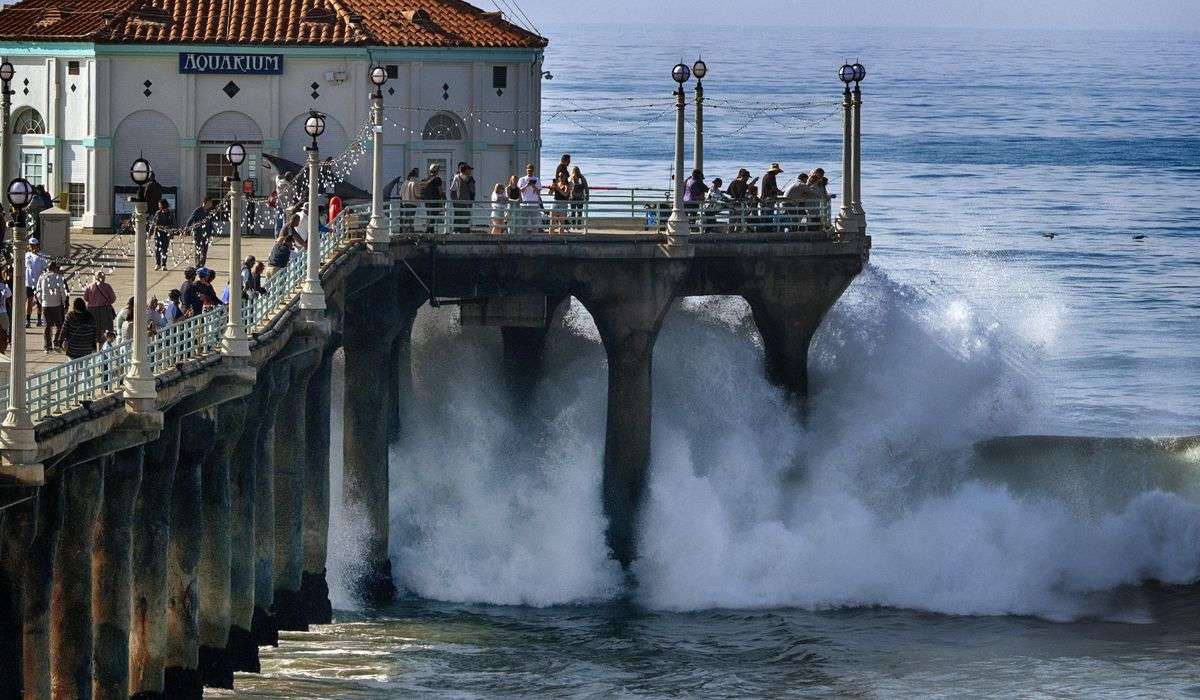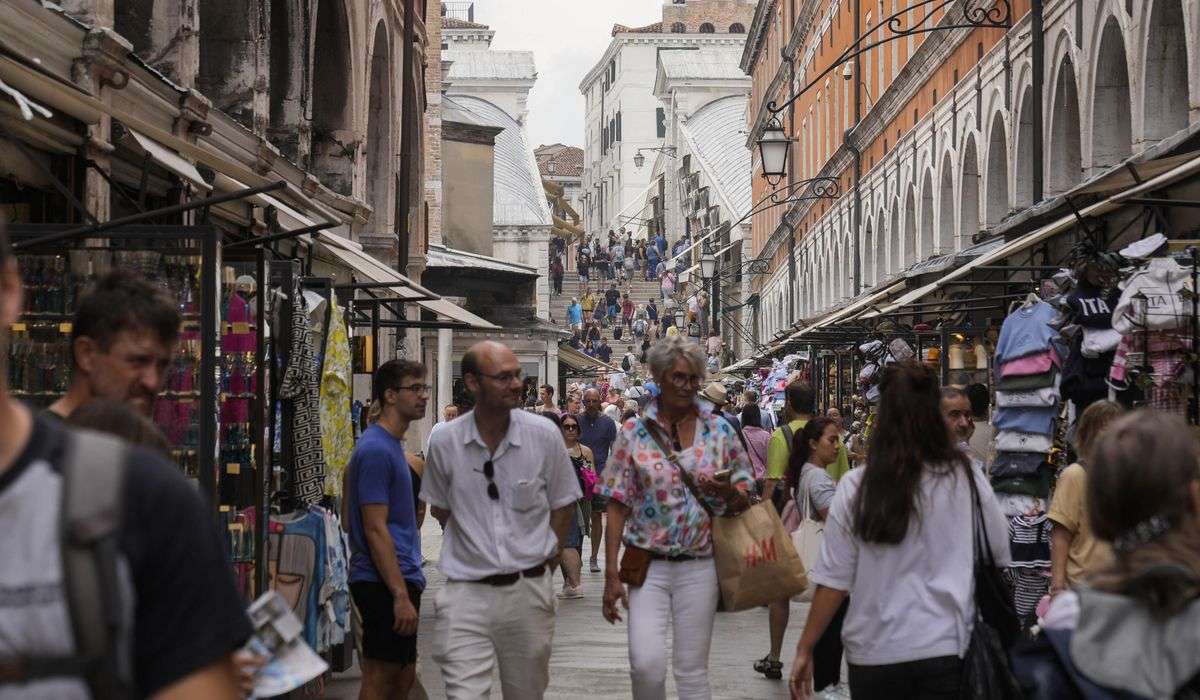Will the return of foreign travel result in a spate of U.S. cancellations?
By Bailey Berg,
iStock
As a travel adviser in Virginia, Damian McCabe frequently books multiple trips for her clients. However, usually, they are spread throughout the year, not over the same handful of days.
In these uncertain times, some travelers are finding comfort in booking two trips for the same time frame: One they most want to take, and another that serves as a backup in case their first choice isn’t open to them.
“We’ve never seen anything like this,” McCabe said. “This has never been necessary before, because there’s never been this upending or overturning of the travel industry before.”
Because there are so many unknown variables, including when certain countries may reopen (or if they will potentially close again), what hotels are accepting guests, which cruise itineraries are going to set sail, and more, some travelers are hedging their vacation by booking refundable hotel rooms in two places, to guarantee that they will be able to get away this year. They don’t want to run the risk of not being able to find somewhere else with availability if their original trip needs to be canceled.
McCabe said most first choices are in Europe or Australia, whereas Plan B is often for a domestic location or somewhere in Mexico or the Caribbean.
[Where to find answers to your questions about international travel]
“We had a client call today to ask to be booked on a cruise to Australia and New Zealand in February and I told them, ‘I’m really hopeful that this will go, but we have no information yet. If that two-week period is a time when you absolutely want to be away from home, you should start thinking about what your backup would be,’” McCabe said.
It’s not just McCabe’s clients that are requesting placeholder trips, though. Advisers across the country have reported a small number of their clients are calling to request backup plans. New York-based travel adviser Jay Ternavan said “about 5 percent” of his clients are, as are “10 to 15 percent” of Michigan-based Kareem George’s clients. (McCabe’s percentage is “somewhere between 5 and 10”).
“They’re people that have an appetite to travel, so rather than putting all their chips in one place, they’re looking at two places,” Ternavan said. “If their number one doesn’t work out, at least they have a backup that they’re comfortable with.”
Chicago-based travel adviser Shawna Owen said she started seeing more placeholder trips shortly after Saint Bart’s, a French protectorate in the Caribbean, suddenly closed to Americans in mid-February. Because so many domestic locales were fully booked, some travelers simply weren’t able to rebook elsewhere.
“People who are double booking today would absolutely book their first choice if they knew that they could,” Owen said. “They just don’t want to be disappointed.”
[Vaccines and summer travel: What families need to know]
Owen said she thinks, as a result of these double bookings, we will see some domestic cancellations later in the summer as more of Europe reopens. While she thinks it is unlikely that hotels will offer discounts on these cancellations, it could mean that those who wanted a trip but couldn’t find accommodation earlier now can.
“I think people shouldn’t get discouraged if they want to go somewhere and they find it’s all sold out, because things change all the time,” Owen said.
George echoed that, saying he doesn’t expect a rush of cancellations in any one place or at any one time. But, he said, it could be significant enough that it’s noticeable — and that those who weren’t able to score hotel rooms in packed-to-the-brim cities might have a second chance.
While the placeholder trips have been advantageous for some travelers (McCabe pointed to those who booked a trip to Japan for the Summer Olympics as their first choice as people who were glad to have something else to pivot to as a recent example), it can be a headache for hotels, which will have a harder time predicting the number of cancellations.
In response to the uncertainty, George said, “Many hotels are putting into place still, somewhat, flexible cancellation policies, but they’re giving a deadline of within a month of that time period, where it becomes nonrefundable or where there is a deposit taken.”
While the intent is to cancel one of the two reservations, George stressed that the placeholder trips aren’t frivolous, throwaway bookings — they’re still destinations of genuine interest.
“It’s the uncertainty that we all have, of what the world’s going to be like in six months, and wanting to know that they can still have some type of travel experience,” George said, adding that for many of his clients, the chosen weeks are the only time they are able to get off work.
McCabe said she is not recommending backups for clients who are going to destinations they are positive will be open. For example, they’re not booking someone aiming to go to Colorado a Caribbean trip as a placeholder.
“We’re very aware that availability is at a premium everywhere right now,” McCabe said.
As a growing number of European countries reopen, already each of the travel advisers have canceled placeholder trips for later in the year (Italy and France’s reopenings in particular allowed them to drop a large chunk of the Plan B trips). Still, until the world is fully reopened, it is likely we will continue to see double-booked vacations.
“I think the overall desire and interest to travel is very high right now,” George said. “The sincerity and interest for travelers to visit some of their bucket list destinations, some of which aren’t open yet, but they hope will, is motivating these placeholder trips.
Berg is a writer based in Anchorage. Find her on Twitter (@baileybergs) and Instagram (@byebaileyberg).
More from Travel:
Why the founder of Scott’s Cheap Flights wants you to take more vacations
What to know about summer cruises and the industry’s comeback
How to find a travel adviser amid the pandemic






